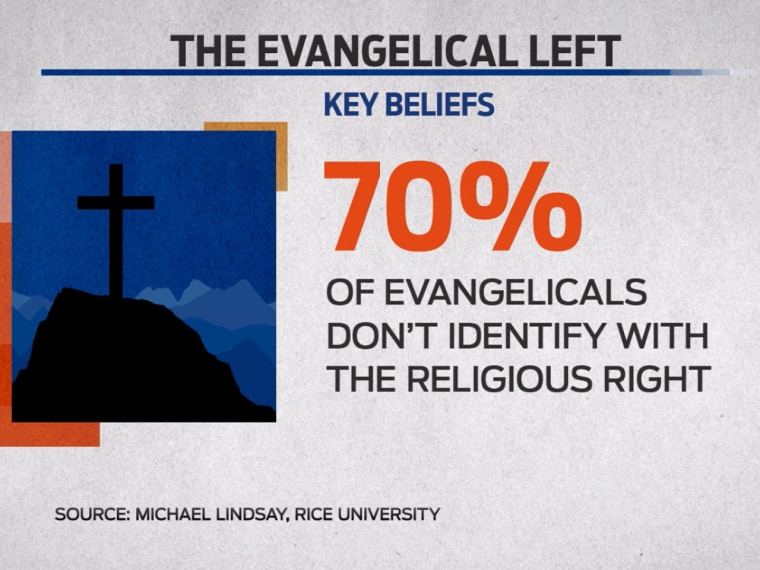285 million people world wide and 100 million in the United States identify as Evangelicals, and much of the political community thinks of them as members of the Republican Party. But Evangelicals aren’t exclusive to the right-wing of politics.
Author of the book “Moral Minority,” David Swarz joined The Cycle on Thursday to talk about the often-forgotten and “politically homeless” Evangelical left.
Swarz points to the Carter presidency as the moment where the movement of the Evangelical left should’ve taken off. However "the failed presidency of Carter himself” and the fact that he was dealing with other difficult issues such as the recession and an energy crisis" led to his eventual abandonment by even the organized Evangelical left. After that point, the religious left didn’t seem to fit in one party.
One issue that alienated them was abortion. As Touré points out, it would be hard for someone who was pro-life to vote for a Democrat. Is there any way to reconcile this “conundrum” and find the Evangelical left a home?
“One way is to not focus so much on overturning Roe v. Wade but instead focus on reducing the number of actual abortions. For example, The New Evangelical Partnership for the Common Good...they’re saying let’s provide more care, more contraceptives, to keep abortions from needing to happen in the first place. If that happens, they’re calculating abortion rates could drop by about 75%.”
Abortion was not the only hot-button issue on which Christian leftists find themselves trying to compromise on. Gay marriage is also finding more acceptance among Evangelicals left of center - at least the young ones. Krystal Ball points out that 40% of young Evangelicals support gay marriage and cites a potential “generational rift” between old and young Evangelicals. Swarz agrees on the narrative of a generational shift and gives another supporting statistic: 60% of young Evangelicals support more government programs to help poverty.
With shifting ideologies and beliefs on social issues, could it be that the previously-ignored Evangelical left is about to find its home in modern day politics? Post your thoughts below.
